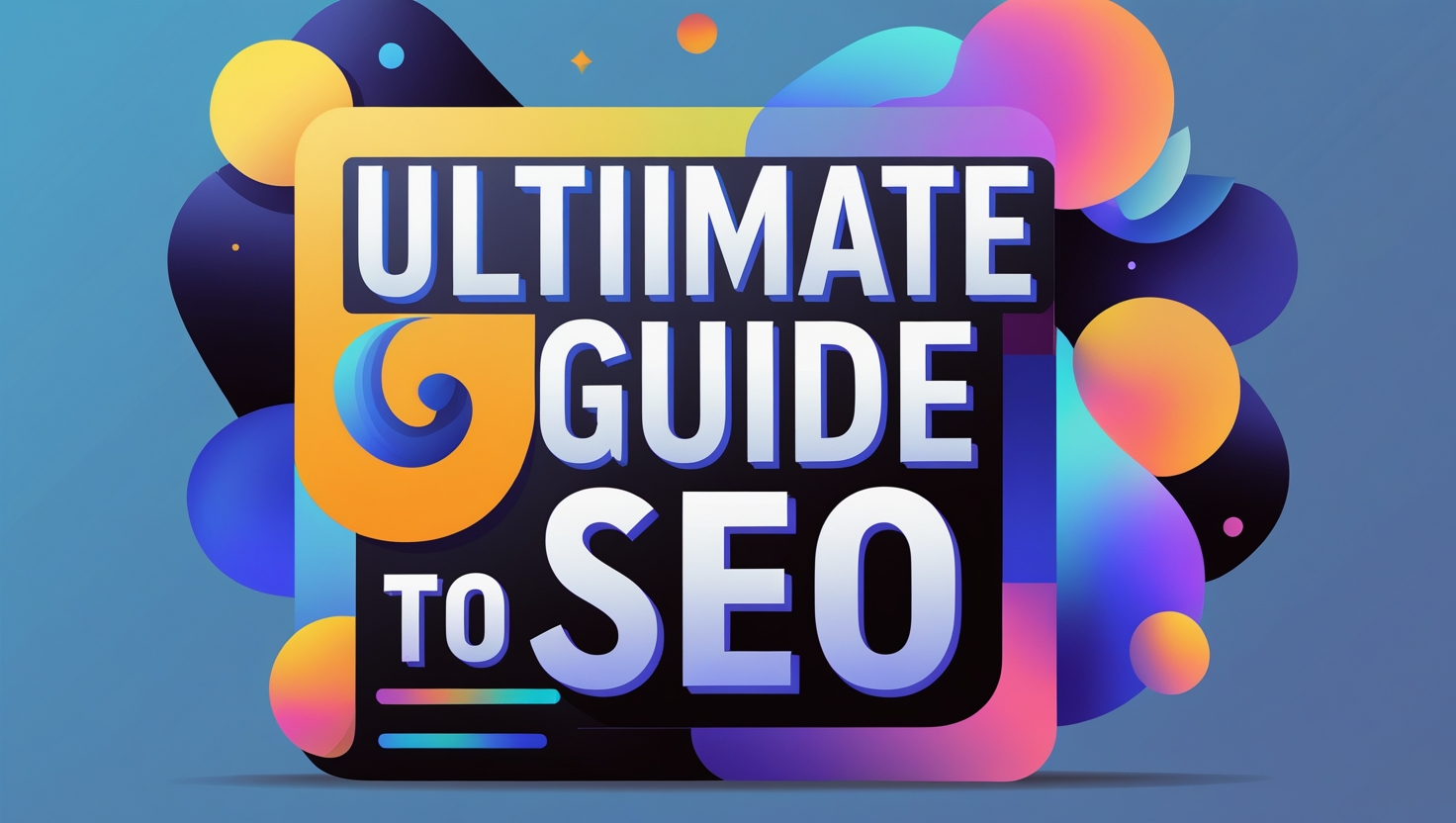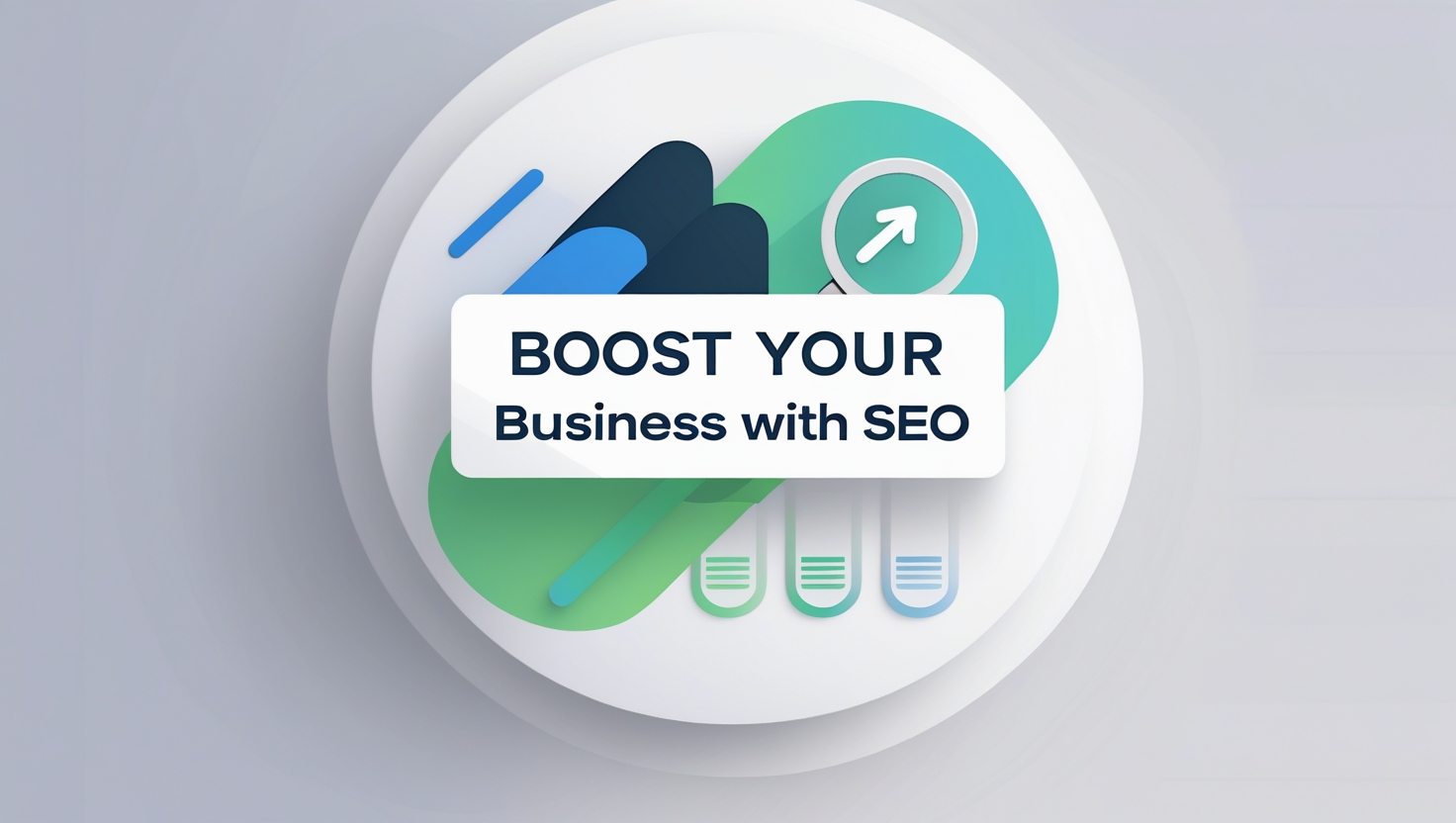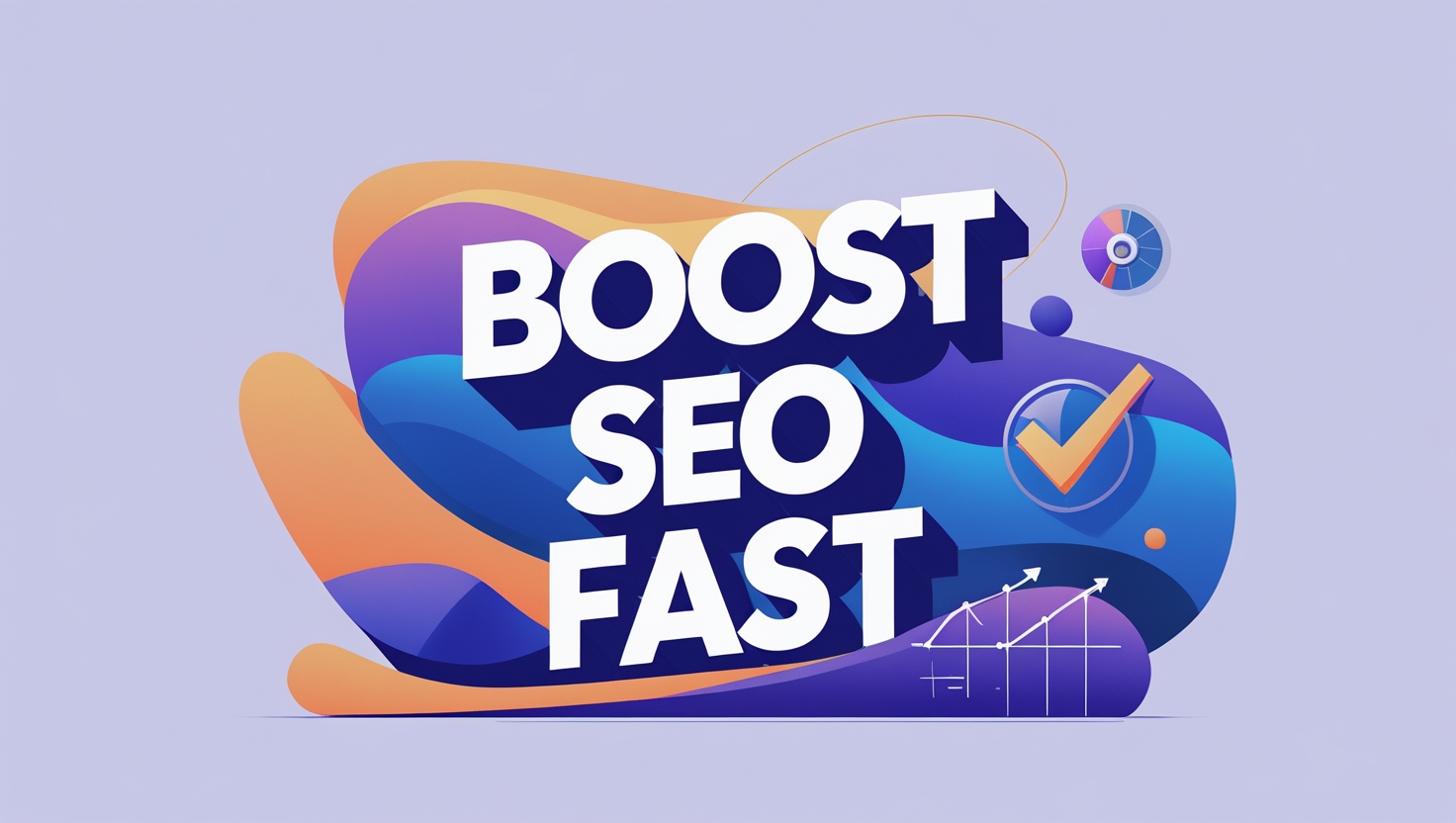18 | May
Clevpro
18 May, 2025
10 Proven Tips to Boost Your Google Search Ranking Fast

10 Tips for Improving Your Google Search Ranking
If you're reading this, chances are you're struggling to get your website to appear on the first page of Google. And you're not alone. With over 1.13 billion websites online, competition is fierce. But here's the truth: showing up on Google isn't about gaming the system—it's about understanding it.
In this guide, we’ll break down 10 practical and proven tips to help you boost your Google search ranking organically. Whether you're a small business owner, a blogger, or an SEO rookie, these strategies will help you climb the rankings the right way.
1. Create High-Quality, Original Content
At the heart of every successful website is valuable content. Google’s algorithm prioritizes content that is:
Informative
Unique
Well-written
Relevant to the user's intent
💡 Tip: Focus on solving your audience’s problems, not stuffing keywords. Provide insights, answer common questions, and use a tone that matches your brand.
2. Do Proper Keyword Research
Keywords are the bridge between your content and what people are searching for. Use tools like:
Google Keyword Planner
Ahrefs
Ubersuggest
SEMrush
Focus on long-tail keywords (e.g., “best running shoes for flat feet”) that have lower competition but high search intent.
🔍 Tip: Place your primary keyword in the title, first 100 words, headers, meta description, and URL.
3. Optimize Your On-Page SEO
On-page SEO refers to everything you can do on your website to improve rankings. Here's what to focus on:
Use proper H1, H2, H3 tags for structure
Write compelling meta titles and descriptions
Use alt tags for images
Make your URLs short, clean, and keyword-rich
📌 Tip: Never ignore internal linking—it helps Google crawl your site and keeps users engaged.
4. Improve Page Speed
Google considers page load time a ranking factor. A slow website not only hurts your SEO but also drives visitors away.
Tools to use:
GTmetrix
WebPageTest
⚙️ Tip: Compress images, use browser caching, and consider a CDN (Content Delivery Network).
5. Make Your Site Mobile-Friendly
Google is mobile-first, meaning it indexes the mobile version of your site first. If your site isn't responsive, you're losing both rankings and visitors.
✅ Make sure:
Text is readable without zooming
Buttons are easy to tap
Pages load properly on all devices
📱 Tip: Use Google's Mobile-Friendly Test to check your site.
6. Build Quality Backlinks
Backlinks are like votes of confidence from other websites. The more trustworthy sites that link to you, the more credible Google thinks you are.
Best backlink strategies:
Guest posting on niche blogs
Creating shareable infographics or guides
Getting listed in relevant directories
🔗 Tip: Focus on quality over quantity. One backlink from a high-authority site beats 100 from spammy ones.
7. Use Structured Data (Schema Markup)
Structured data helps search engines understand the content on your page. This can improve rich snippets, such as star ratings, FAQs, and images in search results.
You can use:
Google’s Structured Data Markup Helper
⭐ Tip: Implement schema for articles, products, events, reviews, or FAQs depending on your content.
8. Focus on User Experience (UX)
Google pays attention to how users interact with your website:
Do they stay and explore?
Or do they bounce back quickly?
Improve UX by:
Creating intuitive navigation
Using clear CTAs (Call to Actions)
Avoiding intrusive pop-ups
Designing clean, readable layouts
👀 Tip: Track metrics like bounce rate, average session duration, and pages per session in Google Analytics.
9. Keep Your Content Fresh
Stale content drops in rankings. Google prefers recent, up-to-date content, especially for topics that change over time.
Refresh content by:
Updating statistics
Rewriting outdated tips
Adding new insights or sections
Republishing with the current date (only when you’ve made major updates)
📅 Tip: Create a content audit calendar to review your top-performing posts every 6–12 months.
10. Use Google Search Console
Search Console is your direct line to Google. It shows you how your site performs in search, what keywords you’re ranking for, indexing issues, and mobile usability.
With it, you can:
Submit sitemaps
Monitor crawl errors
Track search queries and CTR
Check Core Web Vitals
🛠 Tip: Combine Search Console insights with Google Analytics for a full picture of your SEO performance.
Final Thoughts
Improving your Google ranking takes time, patience, and consistent effort. You don’t need to master every technique overnight. Start by applying one or two strategies each week, track your progress, and keep refining based on results.
Remember: SEO isn't just about pleasing Google. It's about helping people find what they need. Do that right, and Google will reward you.








